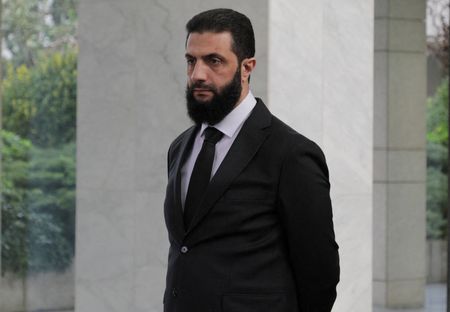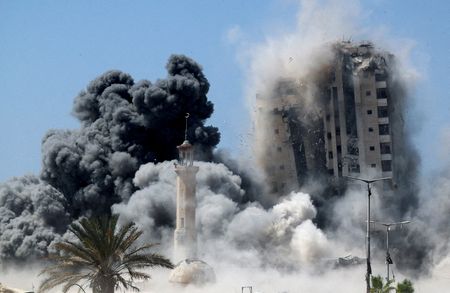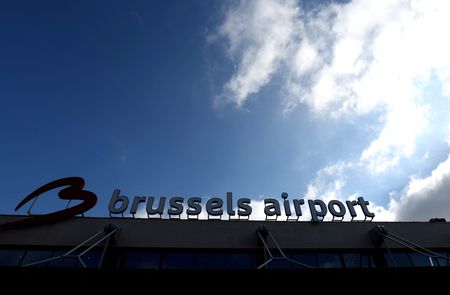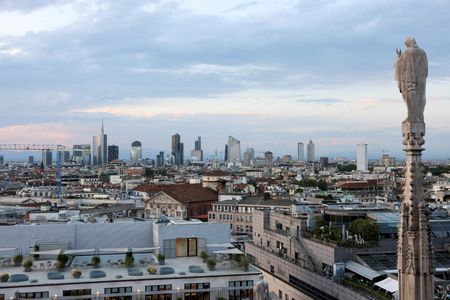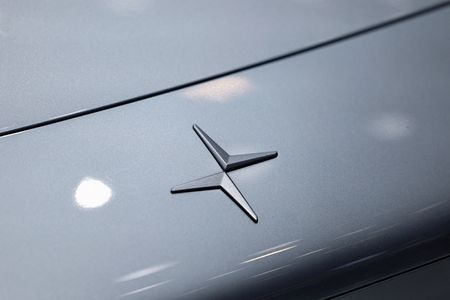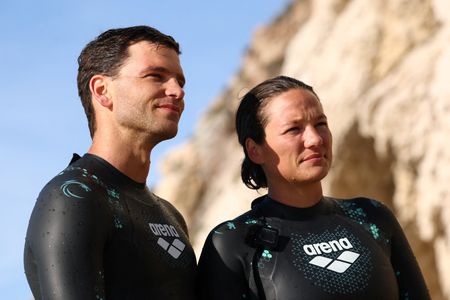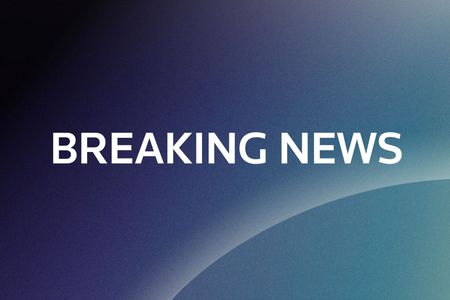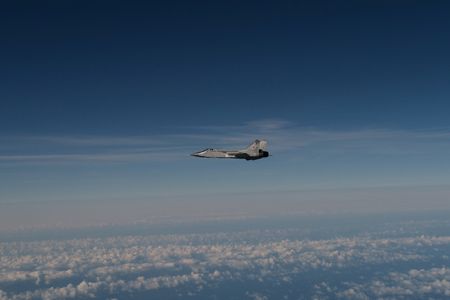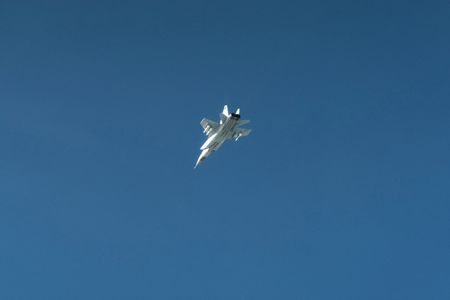BEIRUT (Reuters) – Syria’s interim President Ahmed al-Sharaa said his government aims to restore ties with the United States in the coming days but has not yet had any contact with the Trump administration, according to an interview with The Economist.
Sharaa, declared Syria’s interim head of state last week, also noted that U.S. troops were in Syria without government approval, adding that any such presence should be agreed with the state. He described U.S. sanctions still imposed on Syria as “the gravest risk” to the country.
“I believe that President Trump seeks peace in the area, and it is a top priority to lift the sanctions. The United States of America does not have any interest in maintaining the suffering of the Syrian people,” Sharaa said in the interview published late on Monday.
Sharaa led the Islamist armed group Hayat Tahrir al-Sham (HTS), a former al Qaeda affiliate, in the lightning offensive that toppled former President Bashar al-Assad on Dec. 8.
Syria has been under tough sanctions for years, imposed by the United States and other Western powers to isolate Assad over his brutal crackdown and to generate pressure for a political solution after more than a decade of civil war.
In January, the outgoing Biden administration issued a sanctions exemption for transactions with Syrian governing institutions for six months. It followed a visit to Damascus by senior U.S. diplomats in December.
The United States, however, continues to designate HTS as a terrorist entity, even though it severed ties with al Qaeda in 2016.
The U.S. embassy in Damascus suspended its operations in 2012.
TERRORIST DESIGNATION ‘MEANINGLESS’
Sharaa said HTS’s terrorist designation had “become meaningless” following a decision to dissolve all the armed factions that fought Assad.
The United States deployed forces to Syria a decade ago during the campaign against Islamic State. They still have a presence in the north and northeast backing a Syrian ally, the Kurdish-led Syrian Democratic Forces (SDF).
“In light of the new Syrian state, I believe any illegal military presence should not continue. Any military presence in a sovereign state should take place under a certain agreement, and there has been no such agreement between us and the United States of America,” Sharaa said.
He also said his administration was “reassessing the Russian military presence” in Syria, where Moscow propped up Assad.
Russia, seeking to retain both a naval and air base in Syria, sent a senior official to Damascus last week.
“We might reach an agreement (with them) or not, but in a way or another, any military presence should be with the agreement of the host state,” Sharaa said.
Asked whether he could imagine normalizing ties with Israel, Sharaa said “we want peace with all parties” but it was a sensitive issue because of regional wars and Israel’s occupation of the Golan Heights, captured from Syria in a 1967 war.
“There are many priorities in front of us, so it is too early to discuss such a matter because it requires wide public opinion. It also requires a lot of procedures and laws in order to discuss it, and to be honest, we have not considered it yet.”
(Writing by Tom Perry; Editing by Sharon Singleton)

